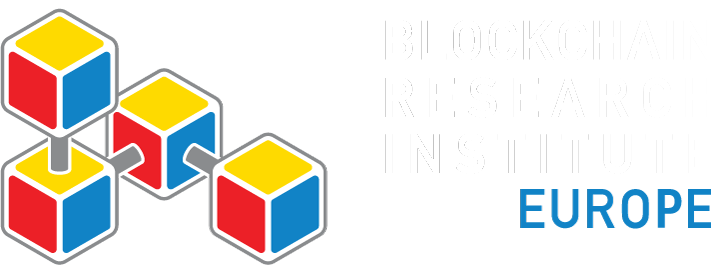2020 Pandemic Roundtable
Report Overview
Author: Don Tapscott, Alex Tapscott, Hilary Carter, Anna Hermansen, Kirsten Sandberg
Release Date: April 7, 2020
Abstract:
Our research shows that blockchain holds enormous potential for helping us to anticipate public health crises, prepare for them far more effectively, and manage them when they hit. There are challenges here in every sector—public and private alike—and opportunities for every leader, innovator, and entrepreneur. The crisis emerged amid problems with data, transparency, security, and trust—all problems that innovators have tackled using this new “Internet of Value.” We need a novel approach to data, health records, and citizen identity, an approach that provides the required information to authorities without undermining the rights of citizens. We need high-metabolic supply chains, logistics, transportation, and payment systems. Clinicians and medical facility administrators need to know authenticity and provenance of medical equipment and pharmaceuticals as well as the credentials and availability of personnel. We need better transparency in systems so that we might regain consumer and citizen trust. We need to eliminate that germ-coated vestige of the pre-industrial economy known as cash. We need to implement incentive models that change the behavior of entire populations. This report makes the case for achieving such goals through next-generation technology, with blockchain as an operating platform, a coordinating mechanism, or a handheld repository of personal data, digital assets, and property rights.
